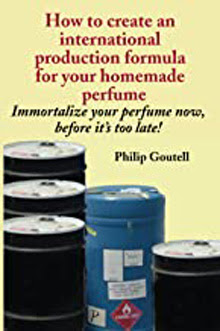When Shakespeare wrote sonnets did he stop too soon? Would a few extra lines have made them better?
Today there are well over 2,000 ingredients available for perfume creation and the list continues to grow. Chemists develop new odors by rearranging molecules. Biologists plunk unfamiliar plants from remote jungles and plains. These allow the perfumer to create scents that are not easily knocked off by the competition. Cosmetic chemists use these ingredients to create wonderful face creams that could never before have existed. How many ingredients do you need to make a great new perfume? And do you really need new or rare ingredients to wow people? Does greatness depend on the use of exotic, never used before ingredients – or does it depend on the skill and artistry of the perfumer? Consider a sonnet.
A sonnet is a poem exactly 14 lines in length. It has a rhyming pattern which can be one of a number of possibilities. But it is always 14 lines in length. No fudging to allow 13 or 15 lines. No free verse. Just 14 lines with a fixed rhyming pattern and yet amazing poems are written within this arbitrary 14 line structure.
Consider your own work with perfume. Is your aim to be the great innovator who will be the first to discover and use some new exotic ingredient? Or are you the artist who can pull amazing rabbits out of a limited inventory hat?
It's always exciting to work with new scents that you've never used before, if only to see what you can do with them. But it may be a greater challenge to look at your current inventory of scent materials and ask yourself what you can do with them, without adding anything you've never used before. However limited your supply of aroma materials may be -- perhaps only a dozen or so scents -- this handful of materials can offer infinite possibilities in your selection of what you put in and what to leave out, how to balance the strength of "A" against the strength of "B" to give a pleasing effect, how to decorate a theme without killing its focus. A lot can be done with a little and, being forced to create within a fixed template is the same test the sonnet writer is up against. Constrained by fixed limitations, all will all depend on your skill and your imagination -- not the number of ingredients you use and certainly not the use of special new ingredients. You'll be working with just your imagination and your skill with the materials you have at hand.
Try this approach and see what miracles you are led to create!


No comments:
Post a Comment